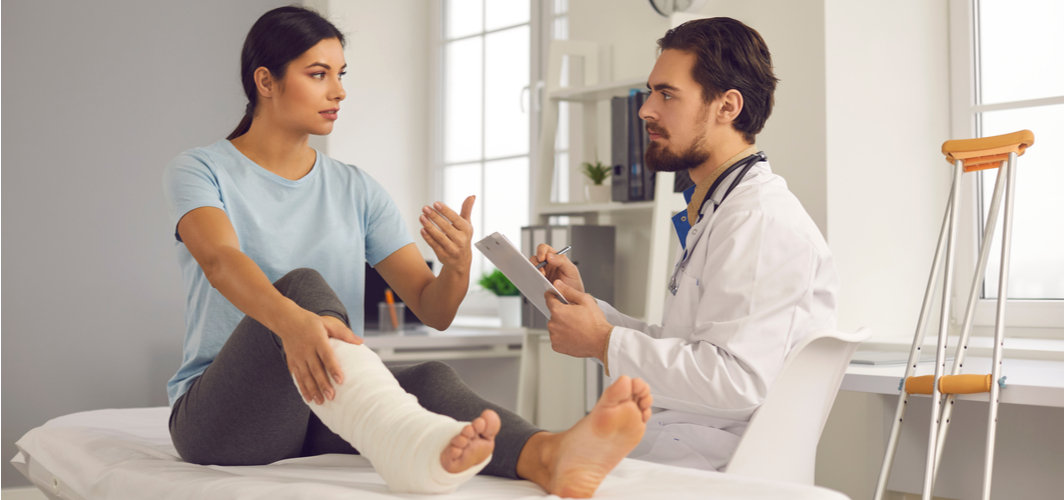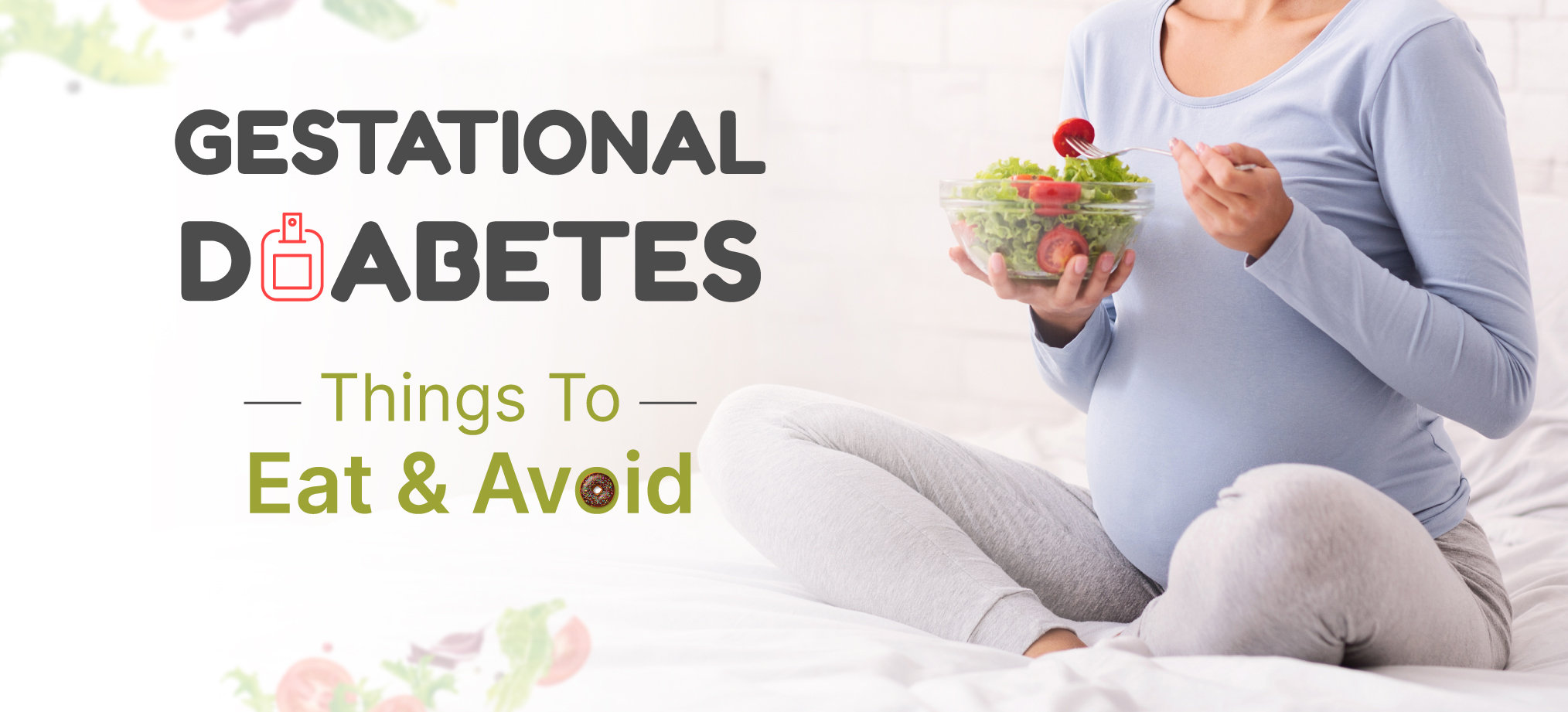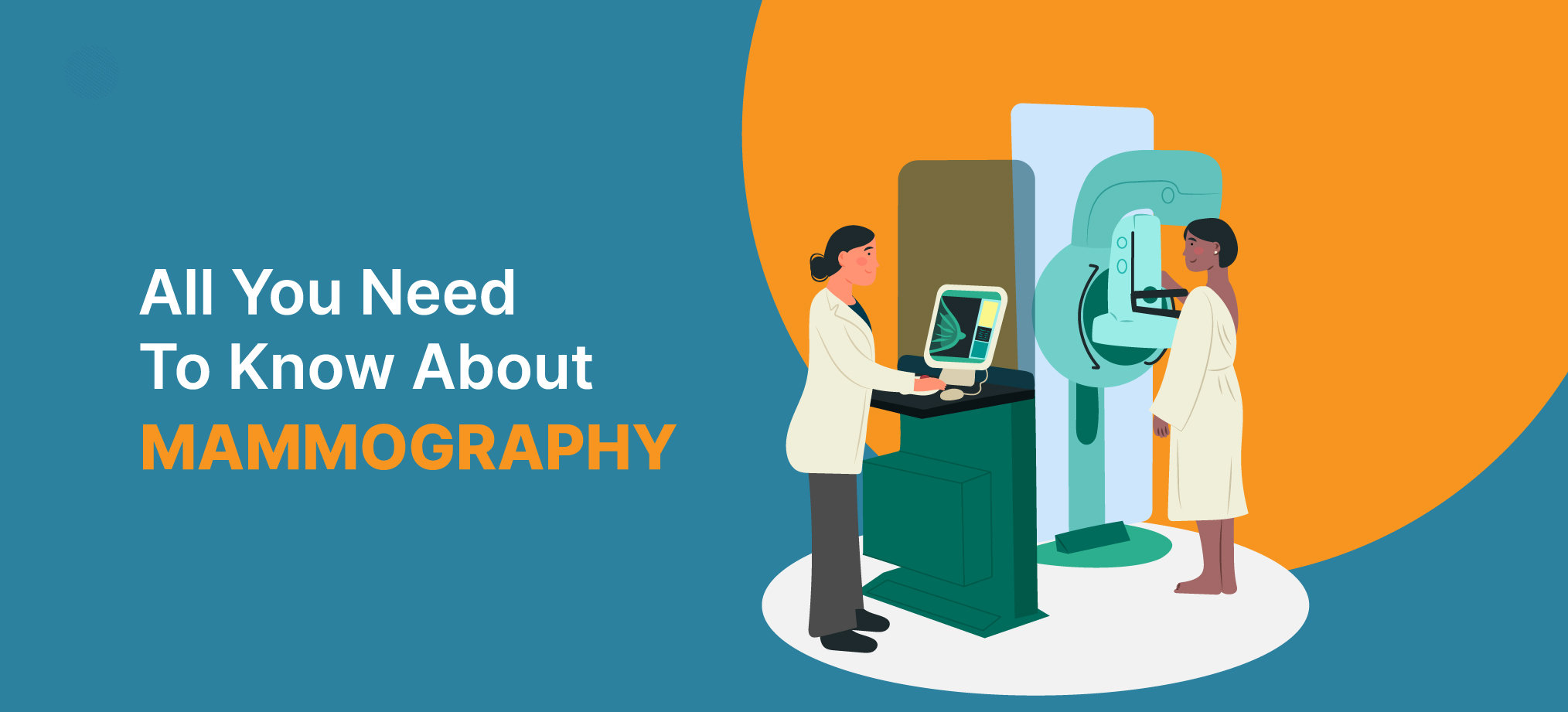- Home
- Blog
- Women Care
Tips To Keep Your Hygiene High During Periods
Women Care
Tips To Keep Your Hygiene High During Periods
By Apollo 24|7, Published on- 15 November 2022
Share this article
0
0 like

Most women experience some discomfort during their periods. A heavy flow of blood, abdominal cramps, and crazy mood swings are not easy to handle. However, what can be taken care of is hygiene. Listed below are some tips you can follow to maintain your reproductive hygiene during periods.
Period Hygiene Tips Every Woman Should Know
1. Change your pad or tampon often
To keep your vagina healthy during your period, change your sanitary pad or tampon every four to six hours. This prevents allergies and vaginal infections. Tampons should not be used for over four hours, while menstrual cups can be used for up to 12 hours. If you are using a menstrual cup, empty it and wash it thoroughly before reinserting it.
2. Keep your vagina clean
An important part of ensuring period hygiene is to keep the vagina clean at all times. To do this, wash your vagina regularly with water; avoid using soaps or chemicals down there.
3. Wear comfortable underwear
Wearing breathable and comfortable cotton underwear ensures your vagina is always healthy and clean. Remember to change your underwear regularly during your periods.
4. Shower twice a day
Having a warm shower during your period is refreshing and helps your muscles relax. A warm water bath also helps relieve cramps. Avoiding a shower can make you stink and also increase the risk of infections in your vagina. If you do not want to take a complete shower, at least wash your intimate areas thoroughly.
5. Wipe from the front to the back
Always wipe from front to back when you use the bathroom. This will help to keep bacteria from your anus to stay away from your vagina, which can cause infections.
6. Avoid bathing in a tub
Tub baths sound relaxing but they can cause more harm than good. Sitting in a warm water tub increases the risk of infection by allowing bacteria to enter your vagina.
7. Use larger pads during the night
The flow at night is often more. While wearing two pads at a time or changing your pad in the middle of the night may sound inconvenient, wearing a larger, longer sanitary napkin may be a great way to stay dry and clean. These sanitary napkins also prevent leakages and give you a peaceful sleep.
8. Avoid scented products
Toilet paper, sanitary pads, and tampons with strong scents might irritate your vagina and cause infections. It is advised to stay away from them entirely, especially during your period. Cleanse your vulva afterwards with water and unscented soap if you must use scented sanitary products.
Takeaway
The five days of your periods may seem difficult each month but maintaining good hygiene is easy and can go a long way in keeping your body healthy. Using the right period hygiene products is important, as cloth pads and scented products increase the risk of infections. If you need more information, consult the doctor.
Consult An Apollo Gynaecologist
Medically reviewed by Dr Sonia Bhatt.
Services
Women Care
Leave Comment
Services
Recommended for you

Women Care
Why Are Women More Prone To Fractures?
Most women experience a significant reduction in their bone density at or around menopause resulting in osteoporosis. Read more to know the other reasons.

Women Care
Gestational Diabetes Diet: What To Eat And Avoid?
Gestational diabetes is a condition associated with pregnancy that can negatively affect both the mother and her unborn baby. Following a healthy diet can greatly help the mother take charge of the condition. Read to know more.

Women Care
Dear Ladies, Get This Test Done To Find Out Your Risk Of Breast Cancer
Doctors suggest that women at or above the age of 40 years should get a mammogram done every 1 to 2 years. This article explains how mammography can determine breast cancer even before the emergence of symptoms.
Subscribe
Sign up for our free Health Library Daily Newsletter
Get doctor-approved health tips, news, and more.

